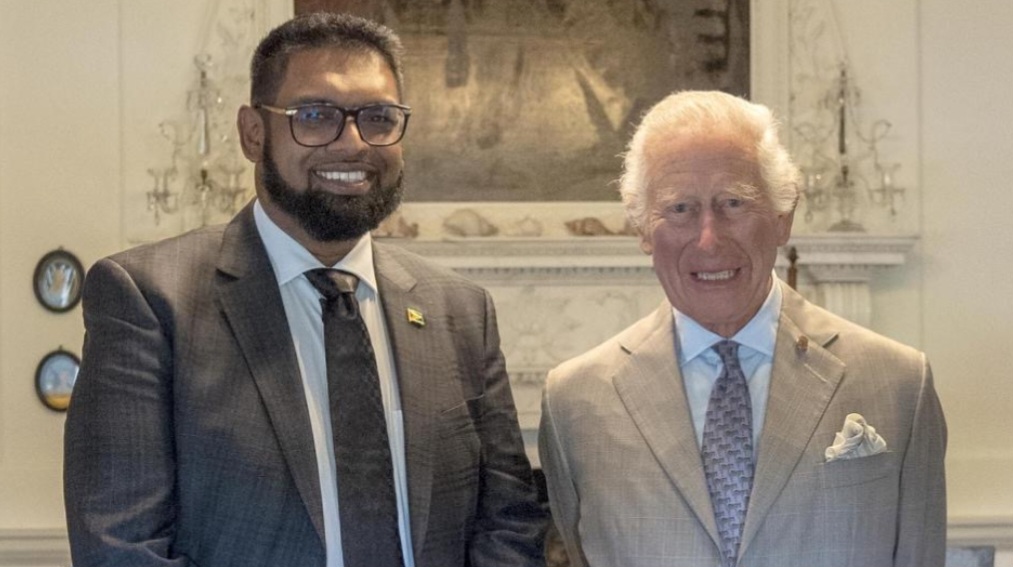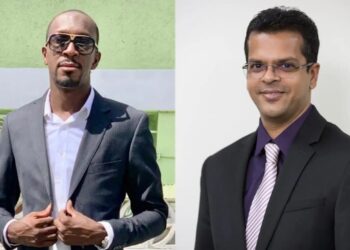Head of State, President Irfaan Ali, has concluded a visit to Scotland, where he sought to further advance Guyana’s Low Carbon Development Strategy (LCDS) 2030, through a series of high-level engagements facilitated by the King’s Foundation.
The visit comes on the heels of the Foundation’s recent activities in Guyana and Ali’s announcement that the Foundation would play a pivotal role in the next phase of the LCDS, with a focus on sustainable urban development.
The President had previously emphasized this vision during a recent address, expressing a desire for Georgetown to regain its status as the “Garden City of the Caribbean.”

Central to the visit was a private meeting between President Ali and King Charles III, during which they discussed their mutual commitment to climate resilience, sustainable development, agriculture, and community-driven support for vulnerable populations.
Reflecting on the meeting, President Ali noted the King’s longstanding support for Guyana’s LCDS, which the monarch has hailed as a global model since its launch in 2009. “We discussed the importance of innovative solutions for sustainable development. I am optimistic that our collaboration will deepen in the coming years, particularly as we focus on new LCDS priorities such as sustainable urban development, biodiversity, and water management,” the President stated.
The engagements extended to a private dinner with His Majesty, where discussions on fostering deeper collaboration continued. President Ali expressed his anticipation for further cooperation, particularly at the upcoming Commonwealth Heads of Government Meeting (CHOGM), where both leaders will meet again.
During his time in Scotland, President Ali visited several initiatives that align with his government’s vision for sustainable development. His engagements highlighted key areas of innovation, education, and social inclusion. One such visit was to STEM workshops designed to equip young people with the skills needed for future employment in science, technology, engineering, and mathematics. These programs mirror Guyana’s own efforts to empower its youth with modern, job-ready skills.
The President also toured a regenerative agriculture centre that promotes sustainable food production and biodiversity—goals that align with Guyana’s ambition to lead in regional agriculture and food security. Additionally, he explored housing initiatives focused on sustainable, energy-efficient construction practices, which echo Guyana’s push for green and inclusive housing developments.
Other notable engagements included urban regeneration projects aimed at creating green spaces and promoting community well-being. The President showed particular interest in these initiatives, considering their potential replication in Guyana as part of the government’s urban renewal agenda. His Excellency also visited textiles workshops where artisans are preserving traditional skills while incorporating sustainable practices—an effort that underscores the importance of community-driven economic enterprises.













